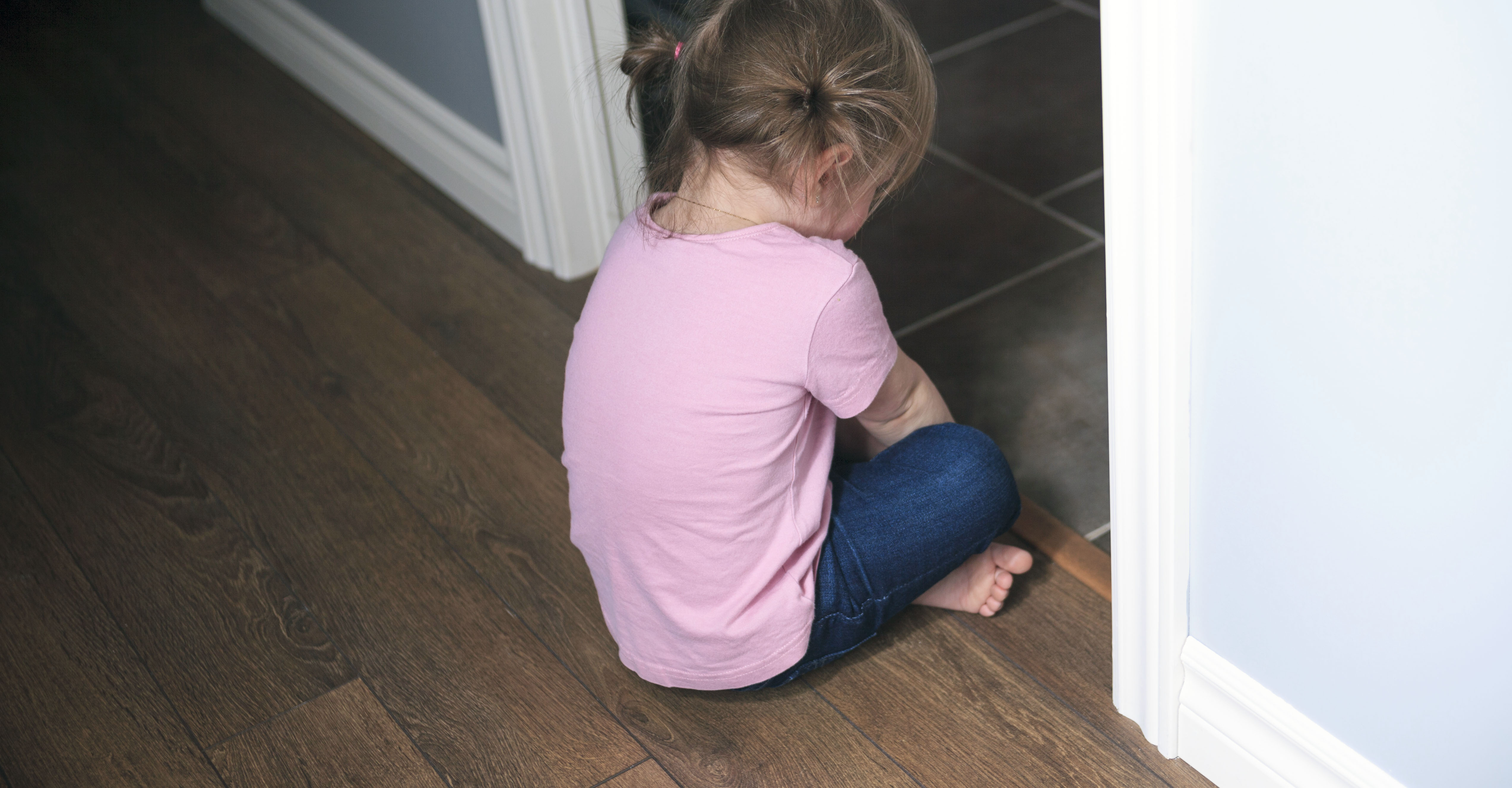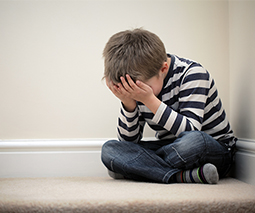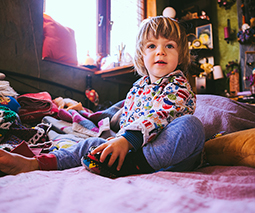How to backtrack on an empty threat (without confusing your child)

“If you don’t pack away those toys I will throw them all out when the garbage man comes tomorrow.”
You don’t realise quite how much you’ll use lines like these until you become a parent.
Other variations include:
“Punch your brother again and we will not go to the park this afternoon.” Or, “If you don’t eat your dinner, there will no ice cream ever again.”
The problem is the next step – commonly called the follow-through. And of course, the reason we don’t follow through is that we never intended to. We just wanted the behaviour to stop because we’re over it.
But what do you do when you then, when you suddenly have to withdraw the threat?
Choose doable consequences
As Nina from the Sleeping Should Be Easy blog writes, the problem is when you threaten too much, kids completely stop taking us seriously. She says the best way around this is using consequences that are “doable”.
As she writes: “We’re tempted to paint these grand consequences hoping they’ll convince our kids to behave. It may have even worked a few times in the beginning. But after a while, they’ll catch on and won’t take us seriously.”
Read more about discipline:
- 7 negotiation strategies to use with your toddler
- Helping children manage big emotions and anger
- Emotional coaching: Helping your little ones cope with big feelings
Stop counting to three
As a chronic counter, this one was a revelation to me.
Nina says that counting gives kids the impression that they have three more goes at the bad behaviour before we react.
“Instead take action on the situation. Remove the toy, separate the kids, or take away the TV remote,” she says.
Whatever you choose, just aim to make a direct change to the situation. That’s far better than delaying the inevitable (and risk increasing your own frustration levels).
Have an honest conversation
Use every opportunity you can to role model the kind of behaviour you want from your kids. This can be hard in the heat of big emotions. But as Karen of Hey Sigmund! says, take the time you need to calm down and then say gently.
“I was very upset before when you were throwing toys at your brother’s head. That’s why I told you that I would take your toys to the garbage bin. I shouldn’t have said that and I am sorry. But I would like you to be more gentle with your brother, he is very little and we need to take care of him.”
Take stock
When everything has gone back to normal, try and take a lateral view of the situation. Ask yourself how often this is happening and whether you are looking at a bigger problem that needs consideration.
Maybe you need to look at more of a long-term plan of how you will deal with behaviours before they arise, rather than constantly trying to deal with them on the jump.
Is your anger, or your child’s, a signal of something else going on? If you think it might be, use this as a prompt to get some help and make an appointment with your GP.
Nobody can be a perfect parent all the time, and nobody expects you to be.
Taking time to step back from a situation will always be useful.









